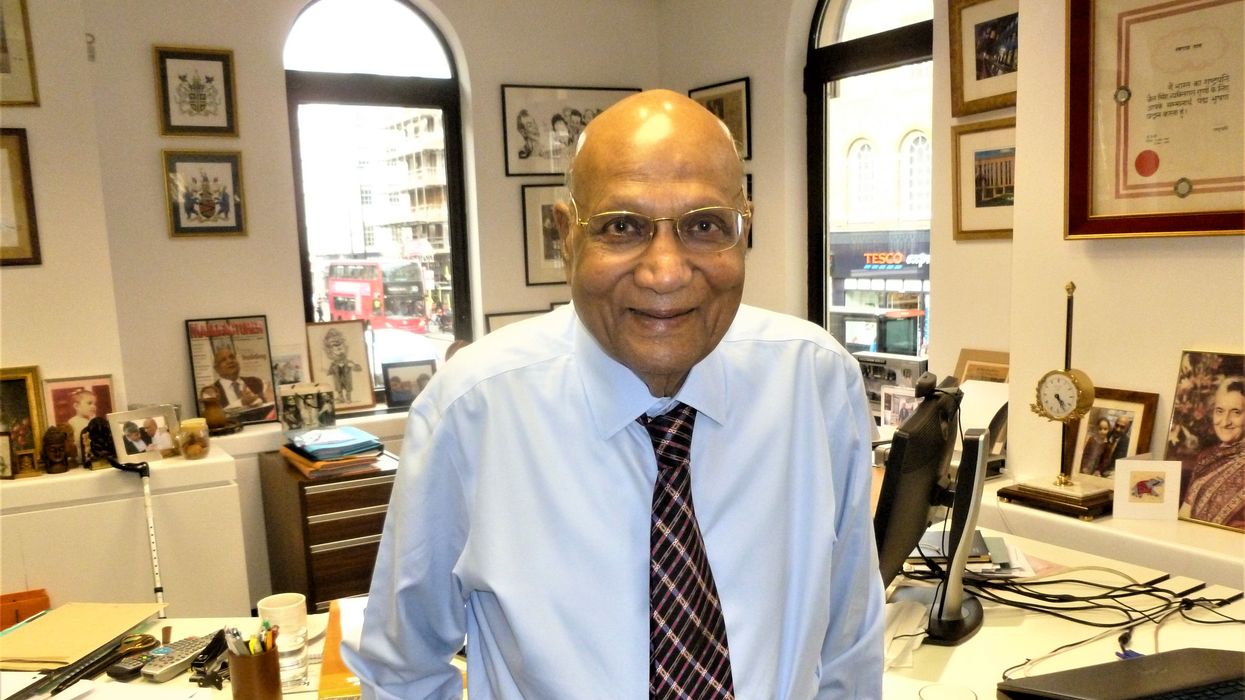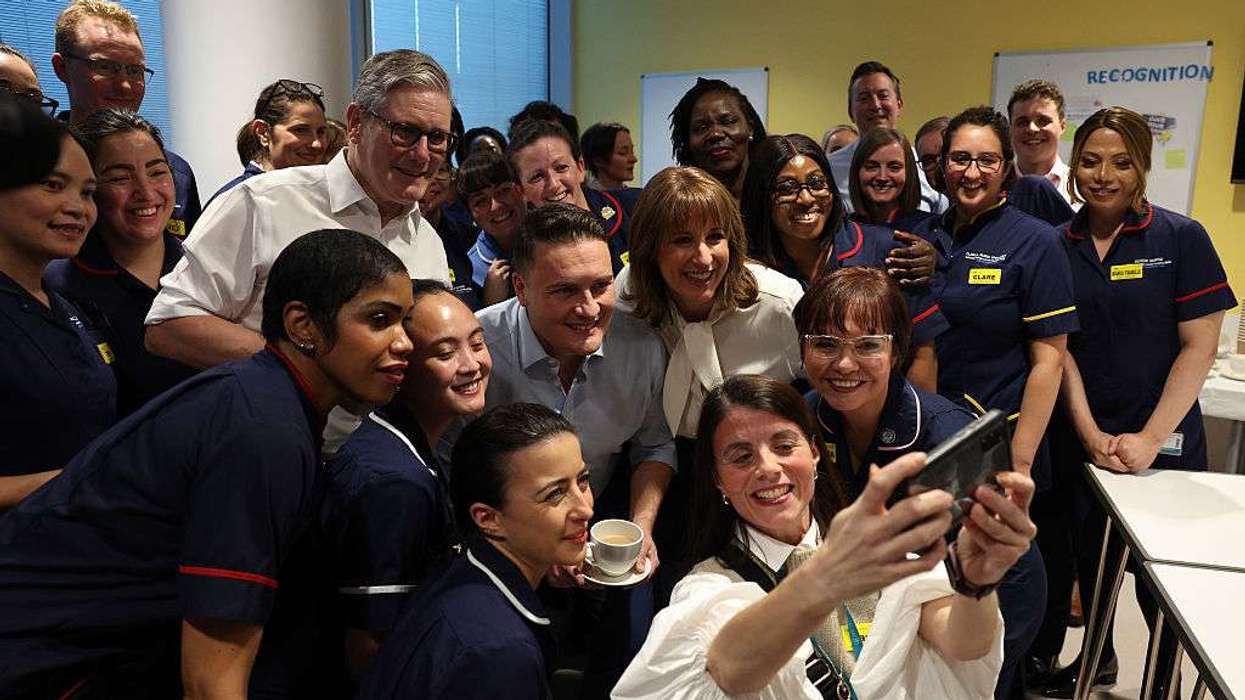Lord Swraj Paul, who was one of the defining figures of the last half century in Indo-British relations and who was fond of saying, “I’m 100 per cent Indian and 100 per cent British,” died in hospital in London on Thursday, his family said.
Although he had been in poor health for some time, he celebrated his 94th birthday with some style on 18 February 2025 with a gala party at the Indian Gymkhana Club in London.
He was often called a “man of steel”.
One of his greatest contributions to Britain was that right till the end, he believed in manufacturing even as heavy industry was being run down across the country.
To be sure, he built the Caparo steel empire, beginning in the UK in 1968, expanding in India where he now has nearly 30 plants in the automotive sector and then establishing the Bull Moose Tube group in the United States and Canada.
But he liked the phrase, “man of steel” for another reason. He stood by Indira Gandhi, when the Indian prime minister was written off as a political force after she lost the general election in 1977. She had become hugely unpopular not only in India but also in the UK and many democracies after she imposed a state of emergency in 1975 and locked up thousands of her political opponents. Paul proved he was not a fairweather friend but someone with character – a man of steel – in continuing to express his support for the ousted prime minister when it was unfashionable to do so.
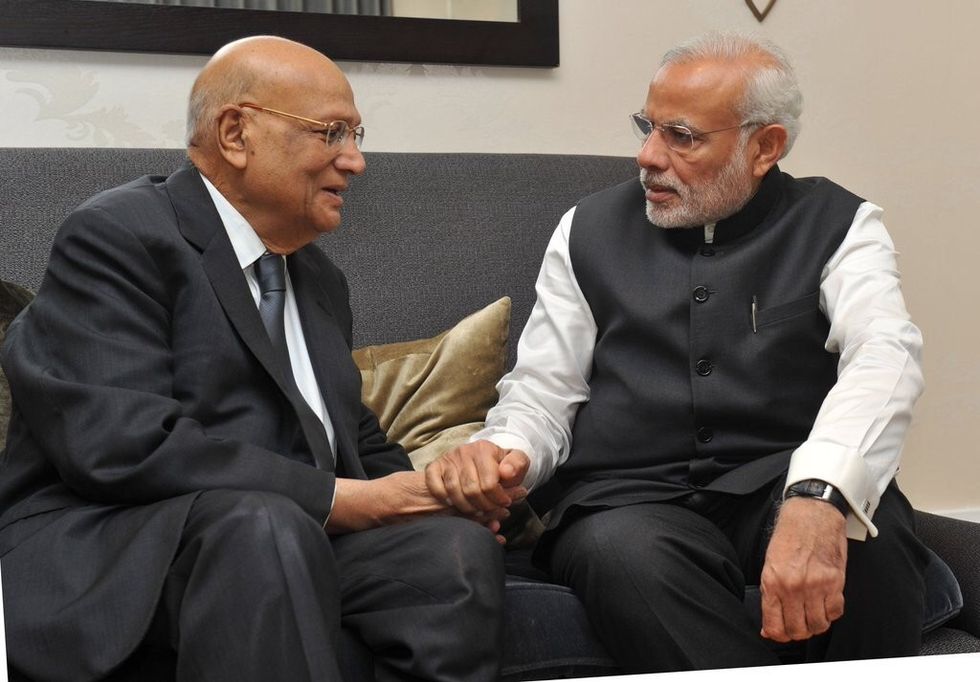
Paying his tribute, the Indian prime minister Narendra Modi said on X: "Deeply saddened by the passing of Shri Swaraj Paul Ji. His contributions to industry, philanthropy and public service in the UK, and his unwavering support for closer ties with India will always be remembered. I fondly recall our many interactions. Condolences to his family and admirers. Om Shanti."
What brought Paul to Britain in 1966 was the desperate need to seek medical treatment for his daughter, Ambika, who was diagnosed with leukaemia. Those were the days when it was hard for Indians to get foreign currency. He believed that Mrs Gandhi cleared the bureaucratic rules for him, and for that gesture, he remained forever grateful to her. But when Ambika died in 1968, aged four, Paul and his wife, Aruna, could not face returning to India. The family then included their twin sons, Ambar and Akash, and a daughter, Anjli. Their youngest son, Angad, was born in London in 1970.
Paul would later rescue London Zoo when it was facing bankruptcy because Ambika had enjoyed seeing the animals. His loyal support for the zoo continued over the years. And it is at the zoo that Paul hosted an annual tea party for several hundred family and friends.
Paul believed Angad was the most dynamic of his children and made him chief executive of Caparo in 1996. He suffered a shattering blow when Angad died in tragic circumstances in 2015, aged only 45.
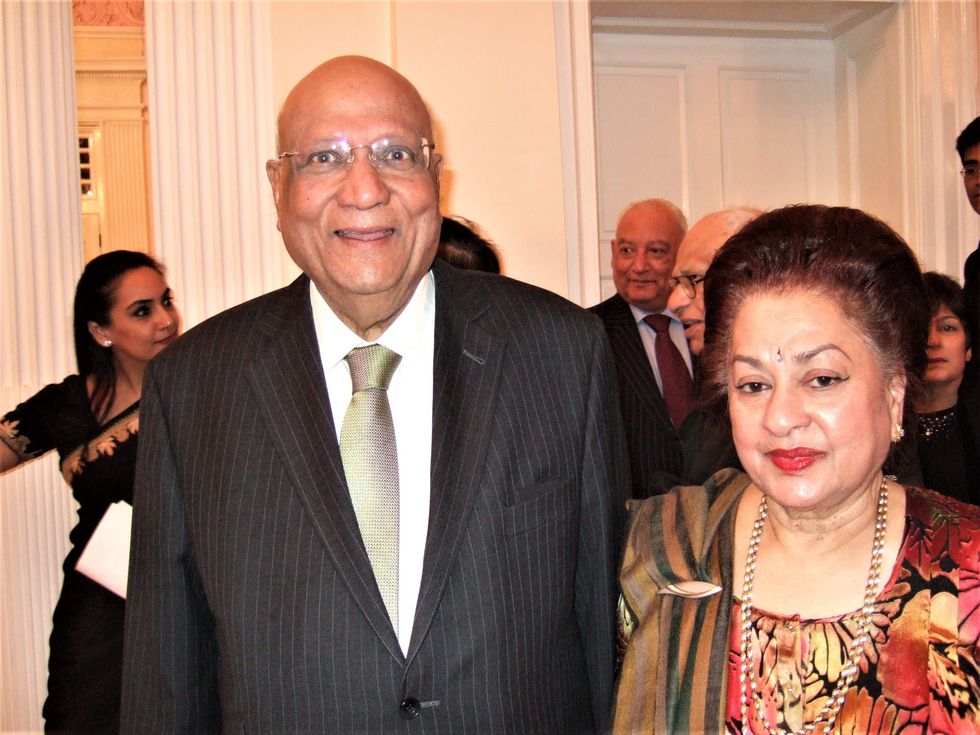
He suffered another great loss in 2022 when Aruna passed away after 65 years of marriage. He had married her within a week of meeting her in Calcutta (now Kolkata).
There was another tragedy in 1990, this time in India, when his younger brother, Surrendra Paul, was assassinated in Assam by a terrorist group called ULFA (United Liberation Front of Asom).
In 1996, Aruna became Lady Paul after her husband was given a peerage when John Major was the Tory prime minister, and took the title, Baron Paul, of Marylebone, in the City of Westminster. To friends, the down to earth Aruna remained Aruna. In 2002, Paul named a baby hippopotamus enclosure at London Zoo after his wife, who registered a mock protest: “Other people name roses after their wives but you have chosen hippos.”
“Pygmy hippos are much rarer,” he countered.
Anjli said that her mother had been very supportive of her father: “She was dependent on him for obvious things like finance and running life at a sort of a practical level. But I think emotionally he was probably more dependent on her than she was on him. He was in the limelight but he wouldn’t have had the success he’s had without her.”
Swraj Paul was born into a Hindu Punjabi family in pre-partition India in Jullunder (now Jalhandar) in Punjab on 18 February 1931.
“I was born into a manufacturing family that specialised in steel products,” Paul once told Eastern Eye in the interview at his home in London.
“My father, Payare Lal Paul, was in this business for a long time,” he added.
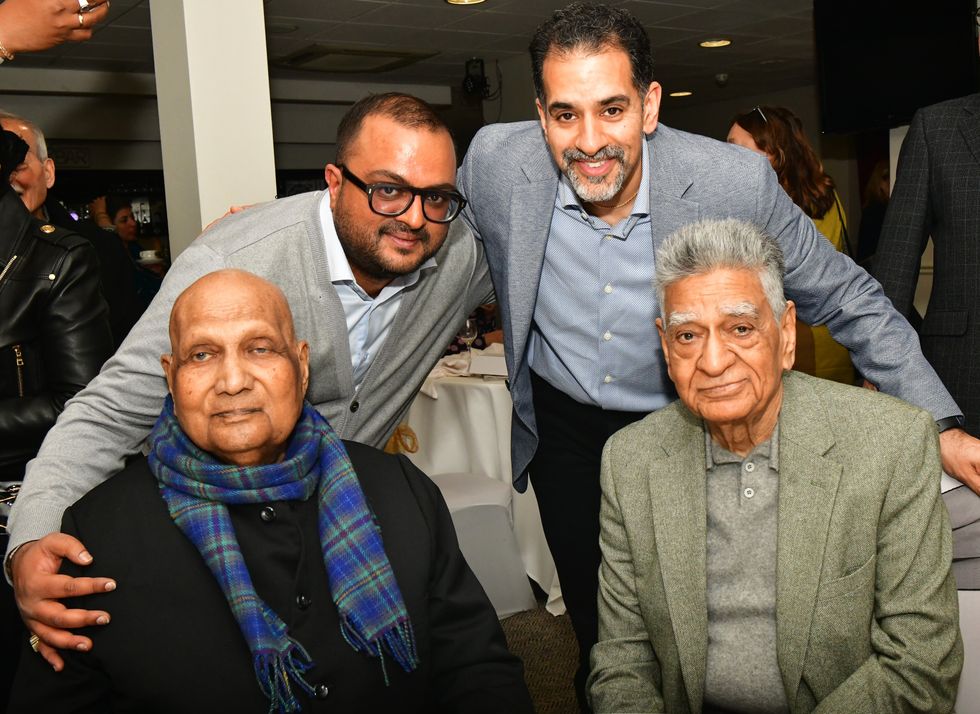
He was named “Swraj” – meaning independence – “because Mahatma Gandhi visited our home around the time of my birth. India was fighting for independence then.”
He was only 13 when his father died, so he was brought up by his elder brothers, Stya and Jit, who sent him to America to the Massachusetts Institute of Technology, where he gained valuable knowledge of metallurgy. After MIT, Paul returned to India and settled in Calcutta before Ambika’s cancer diagnosis forced him to move to the UK.
He recalled that in the traumatic days after Ambika’s death, he decided to settle in the UK. His first steel plant, making tubes, was in Huntingdon, Cambridgeshire, which was Major’s constituency. The second was in Wales in the Ebbe Vale constituency of Michael Foot, who would become leader of the Labour party between 1980-83.
"When I started, I had very few resources, but I managed to build my first plant,” said Paul. “It was inaugurated by Prince Charles. Later, Indira Gandhi inaugurated our second plant, and we went on to establish several more in the USA, Canada and others parts of the world.”
Paul was proud – with some justification – that he stood up for manufacturing at a time when the British economy was veering towards the services sector under both Labour and Conservative governments. He showed considerable diplomatic skills in retaining cordial relations with British prime ministers of all colours. At the same time, he played a role in strengthening relations between London and Delhi, long before the phrase “living bridge” became common currency.
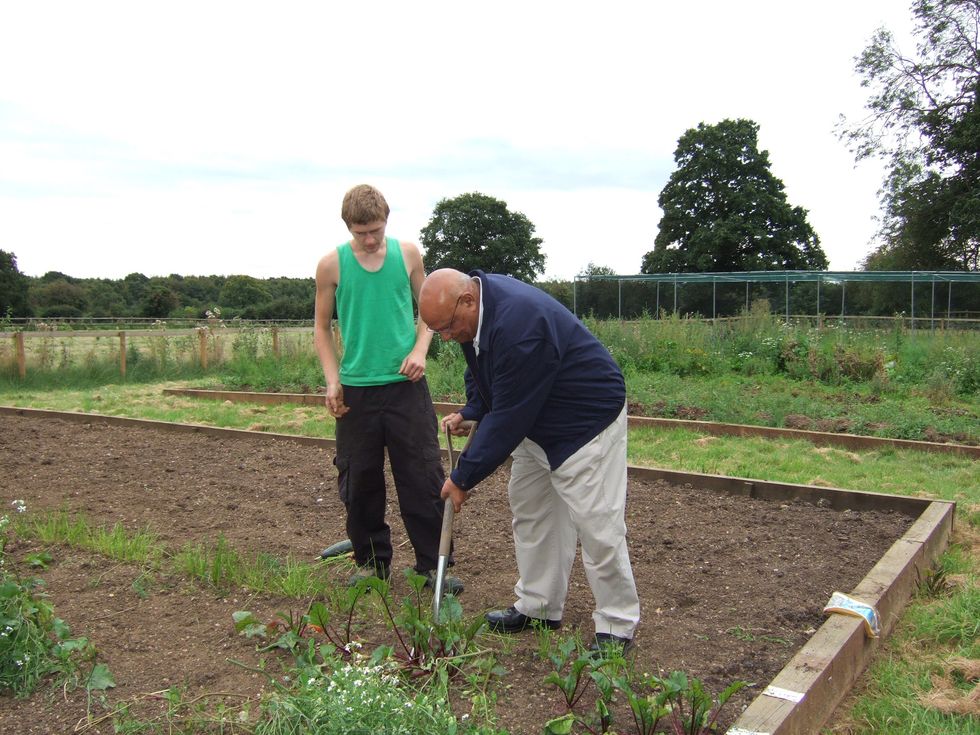
Although London has been his home since 1966, Paul would pay an annual visit to India and make it a point to meet the prime minister, president and key ministers of the day. And senior Indian politicians – and journalists – would call on Paul when they were in London. For a while he even ran an Indian restaurant, Sujata, where he would offer hospitality to his guests. They would first get a cup of tea if they met him at the Caparo headquarters in Baker Street. He himself has always been vegetarian.
He witnessed history in both the UK and in India.
In 1966, Labour were in power with Harold Wilson as prime minister. Margaret Thatcher was prime minister from 1979 to 1990, the first woman to hold the post. She was succeeded by Major, who was ousted by the Labour leader Tony Blair, who – like Mrs Thatcher – won three successive general elections. Blair was followed by Gordon Brown, with whom Paul retained the closest friendship. Although he was initially a Labour peer, Paul later became a non-affiliated member of the Lords. In any case, the Labour party’s historic links with India withered away after the death of Foot. It was Foot who had inspired Paul to join the Labour party.
The changes in India were even more momentous. Mrs Gandhi, who was prime minister in 1966, lost the general election in 1977 but swept back to power three years later.
“During Indira Gandhi’s tenure, I was honoured with India’s highest civilian award, the Padma Bhushan, for my contributions to business, presented by President Giani Zail Singh,” he said.
Her son, Rajiv Gandhi, took over when his mother was assassinated by her Sikh bodyguards in 1984. The age of global liberalisation was ushered in by Manmohan Singh in 1991 as finance minister in Narasimha Rao’s government. India’s rise as an economic power has continued under Narendra Modi who has been prime minister since 2014.
“Margaret Thatcher had a great fondness for me and often invited me for discussions,” revealed Paul. “On the Indian side, I worked with leaders ranging from Jawaharlal Nehru and Indira Gandhi to Sonia Gandhi, Atal Bihari Vajpayee, Inder Kumar Gujral, Giani Zail Singh, Manmohan Singh, and now Narendra Modi. I have maintained good relationships with most of them.”
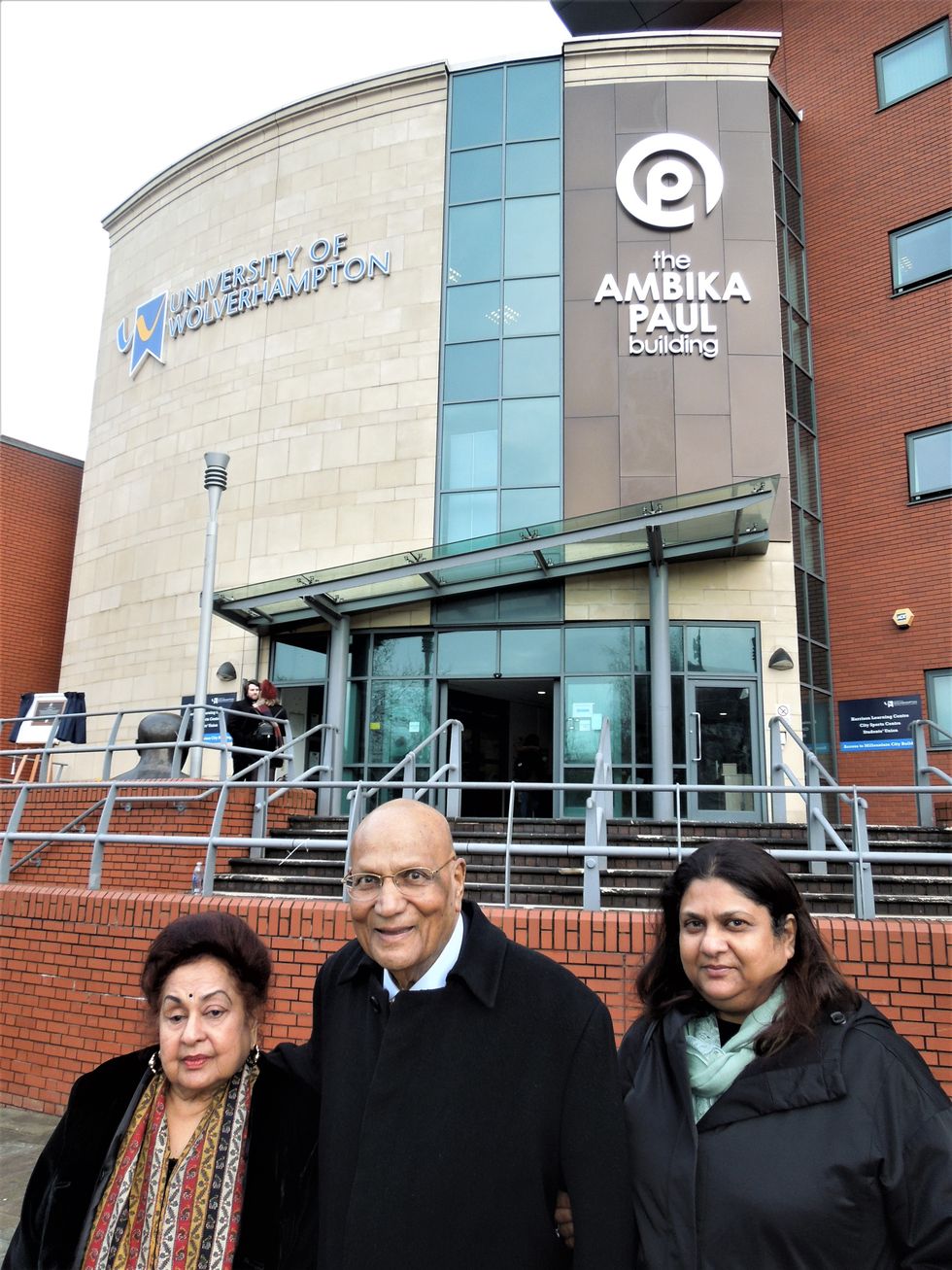
Many will remember the storm of protest from the domestic corporate sector in 1983 when Paul went to the Indian market and bought a large stake in two companies – Escorts Ltd and DCM (Delhi Cloth Mills). At that time Mrs Gandhi and Pranab Mukherjee, then the finance minister (and later president), were inclined to liberalise the Indian economy and invite foreign investment, especially from NRIs (Non-Resident Indians). But the government had to retreat in the face of determined opposition from the Indian corporate sector which did not want competition from outsiders.
If NRI investment had been allowed, “we would today be ahead of China”, claimed Paul.
Though he lost the battle then, Paul said subsequent events proved him right – for India was forced by the IMF to liberalise in 1991.
The challenges he faced in the UK, where the steel industry was in crisis partly because of cheap imports from China, were just as great. Manufacturing was also generally in retreat.
In October 2015, when 16 of the 20 limited companies that formed most of Caparo Group UK collapsed into administration and had to be sold, the Guardian reported: “Caparo Industries, part of the business empire of the Labour peer Lord Paul, has called in administrators in the latest blow to Britain’s steel industry.”
Looking back on how manufacturing has shrunk, Paul told Eastern Eye: “Only God knows the future of British businesses. That is why I am expanding more in the USA and in India. Last year, I visited my operations there (in the US). The UK needs more industries to ensure economic prosperity. I hope the current prime minister, Sir Keir Starmer, will take stronger measures to support British industries.”
In North America, the company, known as Caparo Bull Moose Tube, “operates from seven plants – six in the USA (Chicago, Elkhart, Gerald, Masury, Trenton and Casa Grande) and one in Canada (Burlington). Today the company offers one of the largest ranges of welded steel tubing in North America. Typical applications for Bull Moose Tube include construction, transportation, fire protection, agriculture, lawn and garden equipment plus many other engineering and household products.”
Then there is XL Specialised Trailers, which was acquired by Caparo in 2016 and is the second-largest player in the customised heavy-haul trailer market.
In the US, there is a property wing, whose projects include the boutique Angad Arts Hotel in St Louis, Missouri, commemorating his late son.
Caparo Middle East, based in Dubai, is “a distributor and trader of industrial, mechanical and electrical products”.
In Eastern Eye’s 2025 Asian Rich List, Paul was ranked 14th with £1.4bn.
He has donated generously to Wolverhampton University where he had been chancellor since 1999 and which has a business school named after him. And its students’ union and learning centre is called the Ambika Paul Building.
Professor Geoff Layer, the third vice chancellor with whom Lord Paul had worked, declared at a meeting held in the House of Lords 10 years ago: “Lord Paul has been a great ambassador for the university in the UK and around the world for a number of years. He is a hugely successful businessman who built his company from next to nothing. His story is inspiring and one our students, who will be learning about business, can take heart from in terms of him building up his business from next to nothing into a multi-million pound global operation.”
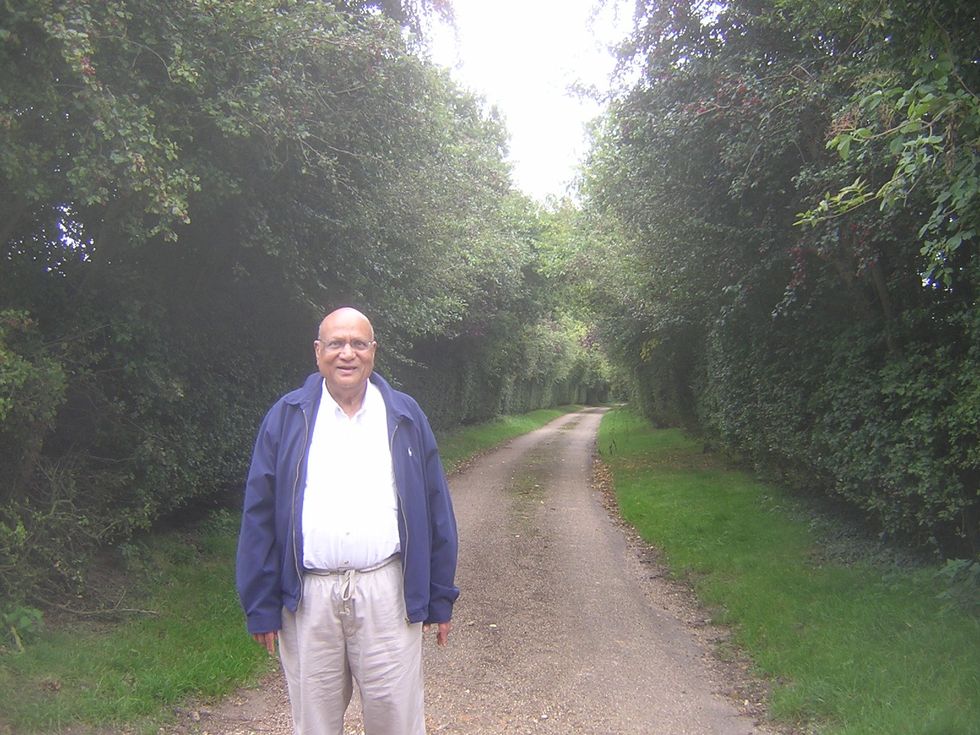
His contacts have given Wolverhampton University a higher profile. It has awarded honorary degrees to former prime minister Gordon Brown, two former Indian presidents – the late A P J Abdul Kalam and Pranab Mukherjee.
He shared insights on his involvement in the London Olympics bid, stating, “I was responsible for overseeing preparations for the Olympic Games in 2012. We went to Singapore for the bid and made all the necessary arrangements with the then mayor of London, Ken Livingstone. Under the leadership of Gordon Brown and Tony Blair, we worked hard for British businesses. When Robin Cook was foreign secretary, I was appointed roving ambassador for British business.”
As a senior member of the Indian community in Britain, Paul paid tribute to Ramniklal Solanki when the latter passed away, aged 88, on 1 March 2020.
“I know that in 1968, Ramnikbhai started Garavi Gujarat from his terraced home in Wembley,” said Paul.
“We were pretty much contemporaries,” he went on. “I was born on 18 February 1931. Ramnikbhai was born four months later in Surat in Gujarat on 12 July 1931. He arrived in Britain in 1964. I arrived two years later.
“Don’t forget the much smaller Indian community then is very different from what it is today. Some Indian immigrants had come looking for work, others to study, only a few for business. It was unfortunate circumstances that brought me to Britain. So we were looking out for each other. We were all looking for people with whom we could get along. Ramnikbhai was one of those I learnt to respect.
“On one occasion, I remember going to his house for dinner. His boys, Kalpesh and Shailesh, were very small. The thing about Ramnikbhai was that he led by example. The role that he played was how to be a good human being – he was a lovely man. Ramnikbhai and I connected at a personal level. He was a great family man – that is something we had in common. It encouraged great affection and friendship.”
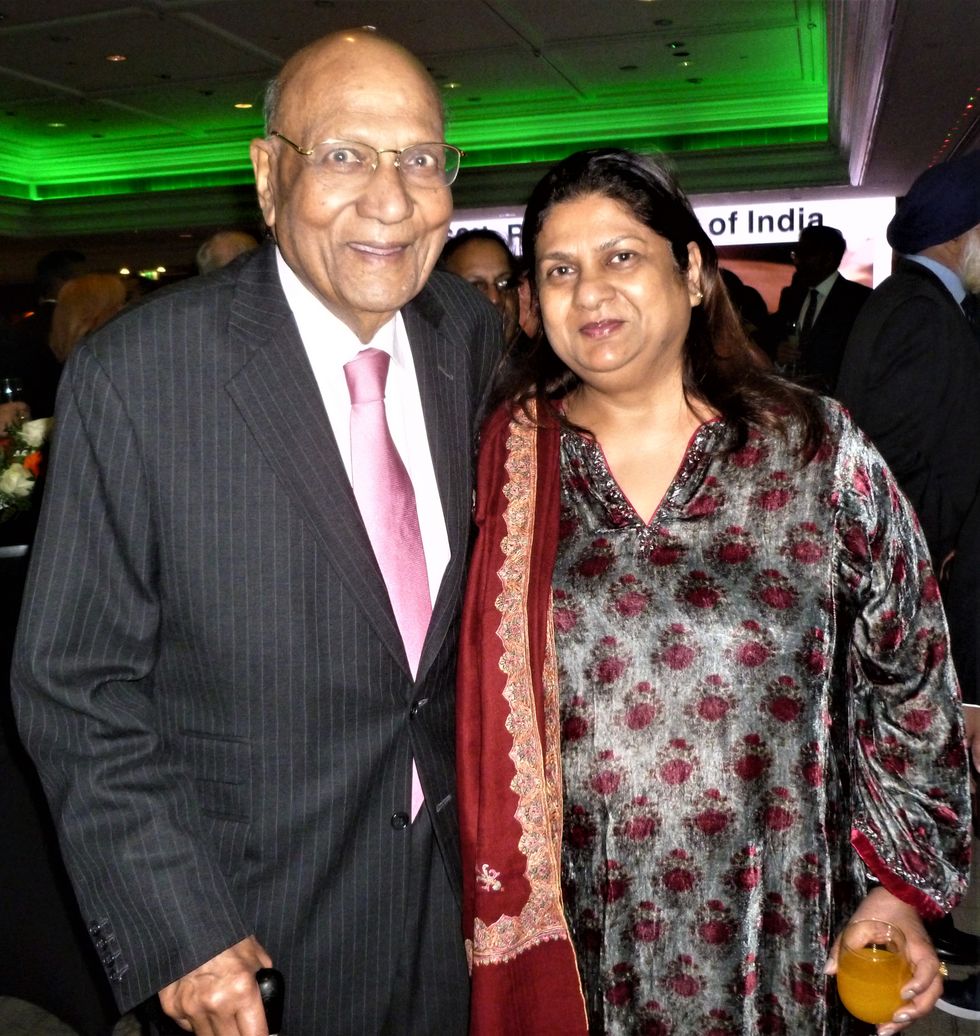
He hoped his children and grandchildren will safeguard his legacy.
He often enjoyed being on his 250-acre country estate in Buckinghamshire as one of the few Indians to have really taken to English country life.
“Britain has been very kind to me,” he insisted.
Like most Indian businessmen, Paul was happiest living in his central London apartment but all that changed with his estate in Buckinghamshire. Like an Indian version of Lord Emsworth from the tales of PG Wodehouse, he was captivated by the idylls of the English countryside.
He found time to admire the Copper Beeches in the afternoon sun and his vegetable garden – Lord Paul remained a vegetarian through his life – and walk in the woods. “I went through the woods once and gave up half way through. 100 acres of woods is a lot of woods. The drive from the entrance to the front door is a walk of seven eighths of a mile. I intend spending more time here in the country. It gives me the quiet which I think I deserve at my stage in life.”
The place was ideal for family gatherings.
“I have built a family and I am very proud of them,” he said.
Paul never lost his sense of humour. Until a few years ago he was the first one to arrive at his Baker Street headquarters. At a function in Leicester in 2019 where he was a receiving a life time achievement award, a friend wanted to know: “Why are you still working?”
Paul’s reply was typical: “At my age, what else can I do?”
